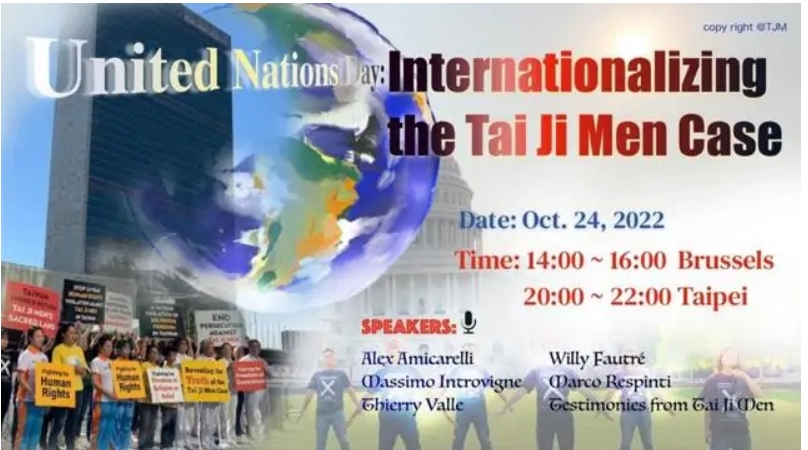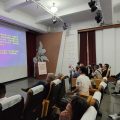The hope, and the will, after the Second World War, to move from global conflict to global cooperation.
The Charter of the United Nations was approved at the San Francisco Conference, which began on 25 April 1945.
Since then, the international community has progressively developed and defined international human rights law.
The founding documents in this respect are the Charter of the United Nations (1945) and the Universal Declaration of Human Rights (1948).
Today, the main definitions of human rights are contained in the Declaration, nine core international human rights treaties and nine optional protocols.
Much of the UN’s human rights work falls within this normative framework. The treaties are central to the work and activities of the Office of the High Commissioner for Human Rights (OHCHR) at the national, regional and international levels.
Today, the United Nations is being tested by new environmental challenges, the emergence of new powers that want to impose their vision of human rights, such as China, even though it signed the UN Charter in 1945, and old confrontations that were thought to be over, such as the East-West conflicts with the war in Ukraine.
But it is precisely for such circumstances that the United Nations was created.
From the day of its creation the United Nations has had to face challenges year after year.
For example:
In 1946, the issue of atomic weapons, the use of which was monopolised by the United States, was the subject of tension between the Soviets and the Americans,
In 1947 the question of the partition of Palestine between Jews and Arabs was one of the first major issues of the United Nations,
in 1950 a resolution authorising the use of force to support South Korea against the invasion of the North.
I could go on and on as the list of challenges the UN has faced over the past 77 years.
As I said in my introduction, during these same years the UN has established treaties that define human rights and that allow us as civil society to challenge the international community through the various UN instruments on human rights violations.
The treaties and their optional protocols are
– the Convention on the Elimination of All Forms of Racial Discrimination (1965)
– the International Covenant on Civil and Political Rights (1966)
– International Covenant on Economic, Social and Cultural Rights (1966)
– the Convention on the Elimination of All Forms of Discrimination against Women (1979)
– the Convention against Torture (1984)
– the Convention on the Rights of the Child (1989)
– the International Convention on the Protection of the Rights of All Migrant Workers and Members of Their Families (1990)
– the Convention for the Protection against Enforced Disappearance (2006)
– the Convention on the Rights of Persons with Disabilities (2006).
As an NGO, in addition to monitoring and reporting on human rights violations, we contribute through our actions to the fundamental goals of the UN Charter, which are
– to maintain peace and security in the world
– to develop friendly relations between nations
– to achieve international co-operation in all matters where it may be useful and in promoting respect for human rights
– to be a centre for harmonising the efforts of nations towards common goals.
In order to help further the cause of Tai Ji Men we have created a coalition of organisations, of which CAP Freedom of Consience is a part, which reports to the United Nations on the many violations of their fundamental freedoms that they suffer.
At the same time, Tai Ji Men followers are organising peace initiatives such as the commemoration of the 21st anniversary of 9/11, where they held World Peace and Love Bell Ringing Ceremonies in California to pray for the world, and the 2022 World Leaders’ Summit for Love and Peace and the International Love and Peace Ceremony.
These peace initiatives are important and more than ever we need to bring the values and principles of the UN Charter to life around the world.
More information : https://bitterwinter.org/internationalizing-the-tai-ji-men-case-webinar/




